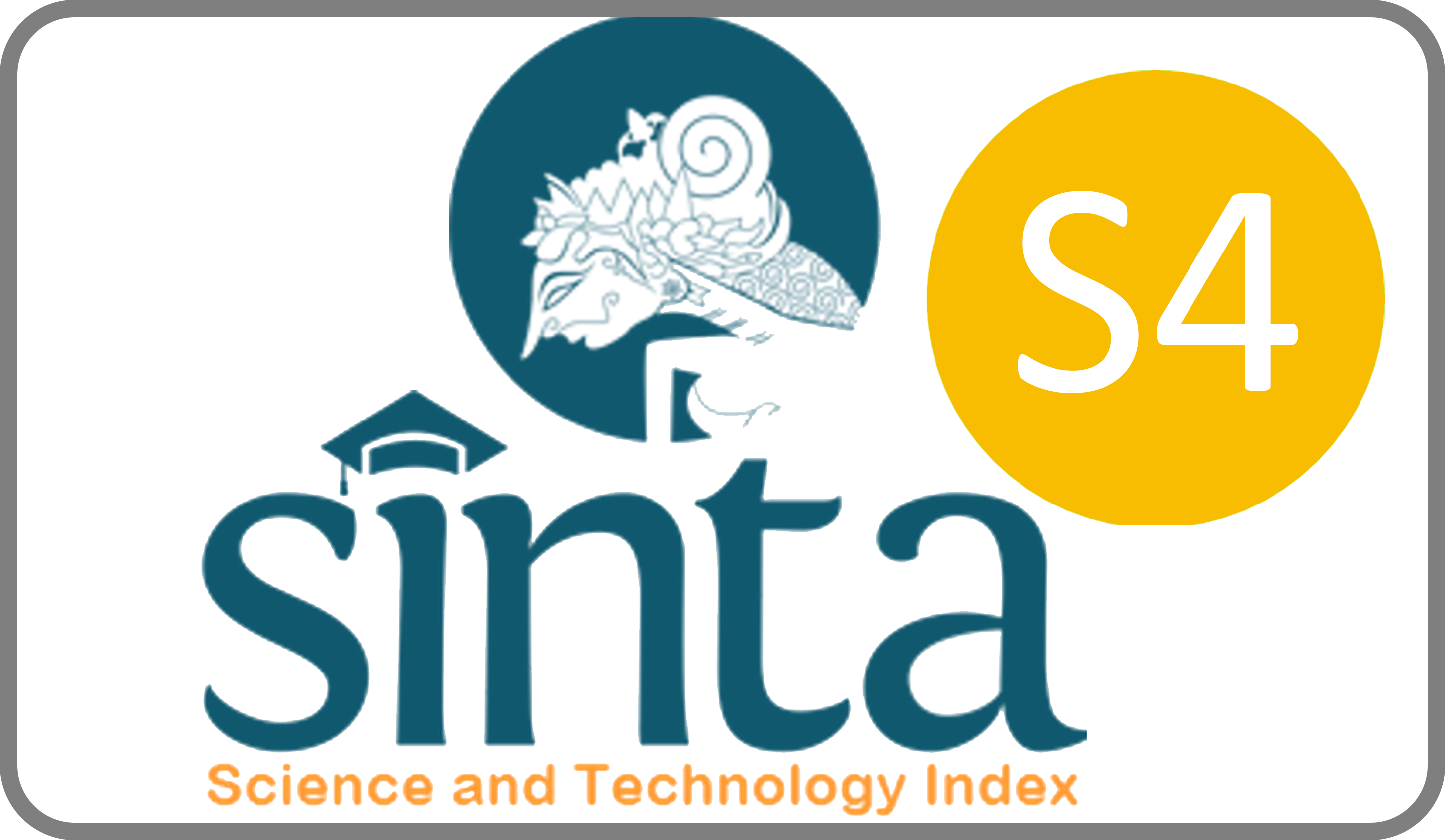YOUTH EMPOWERMENT THROUGH THE SINNGKONG CHIPS BUSINESS PROGRAMME BY KARANG TARUNA AS AN EFFORT TO CREATE EMPLOYMENT IN PANTAI CEMPA VILLAGE
Downloads
The youth empowerment programme started with the fact that many youths in Pantai Cempa Village are out of school and unemployed. This has an impact on the economy of the community and youth in particular who act as the backbone of the family. This youth empowerment programme aims to create jobs and develop the human resources of the youth to create independence and prosperity through a cassava chips business programme by youth organisations in Pantai Cempa Village. The method used by the pengabdi in carrying out this activity is with 3 stages, namely the activity socialisation stage, the implementation stage and the preparation of activity reports. The social approach is in the form of obtaining permits for the implementation of activities from the village government and gathering 24 active youth from the youth organisation with the aim of socialising entrepreneurial activities. The results of this empowerment activity have had a good impact on improving the economy of village youth as evidenced by the increase in product requests to be marketed directly and through social media. A PT company in Medan city orders at least 12 boxes of cassava chips every month. Through this empowerment programme, the youth of Pantai Cempa Village have managed to earn a salary of 50,000 per day. This also adds to the high enthusiasm of the youth as seen from their participation and consistency in implementing cassava chip making as a programme of the Karang Taruna Desa Pantai Cempa. In this case, the village government has responded positively to the emergence of empowerment activities to achieve a more advanced economy.
Ambar Teguh. 2004. Kemitraan dan Model-model Pemberdayaan [Partnership and Empowerment Models]. Yogyakarta: Gava Media.
Badan Pusat Statistik. (2020). Statistik Indonesia 2020 [Statistic of Indonesia 2020]. Jakarta: Badan Pusat Statistik.
Creswell, J. W. (2013). Research design: Qualitative, quantitative, and mixed methods approaches (4th ed.). SAGE Publications.
Direktorat Kesejahteraan Anak dan Keluarga. 1987. Pedoman Pembinaan Program dan Kegiatan Karang Taruna [Guide to Coaching Karang Taruna Programme and Activity]. Jakarta: Dirjen Rehabilitasi dan Pelayanan Sosial
Firmansyah, V. S., Syarif, E., & Ruyadi, Y. (2021). Youth Leadership Character Development at the Karang Taruna Organization in Karawang West Java. Tadbir: Jurnal Studi Manajemen Pendidikan, 5(2), 279-296. doi:10.29240/jsmp.v5i2.3928.
Göksen-Olgun, S., Groot, W., & Wakkee, I. (2022). Entrepreneurship programs and their underlying pedagogy in secondary education in the Netherlands. Entrepreneurship Education, 5, 261–287. https://doi.org/10.1007/s41959-022-00078-8.
Hickey, G., McGilloway, S., & O'Brien, M. (2018). Strengthening stakeholder buy-in and engagement for successful exploration and installation: A case study of the development of an area-wide, evidence-based prevention and early intervention strategy. Children and Youth Services Review, 91, 185-195. https://doi.org/10.1016/j.childyouth.2018.06.019.
Mifthachul Huda. 2009. Pekerjaan Sosial dan Kesejahteraan Sosial [Social Work and Social Welfare]. Yogyakarta: Pustaka Pelajar.
Moleong, L.J. 2011. Metodologi Penelitian Kualitatif [Methodology of Qualitative Research]. Edisi Revi. Bandung: Remaja Rosdakarya.
Oxy Valentina. 2009. Analisis Nilai Tambah Ubi Kayu sebagai Bahan Baku Keripik Singkong di Kabupaten Karanganyar (Kasus pada KUB Wanita Tani Makmur) [Analysis of Surplus Value of Cassava as Raw Material for Cassava Chips in Karanganya Regency (The Case of KUB Wanita Tani Makmur)]. Skripsi. Fakultas Pertanian. Universitas Sebelas Maret. Surakarta.
Popay, J., Attree, P., & Hornby, D. (2007). Community Engagement in Initiatives Addressing The Wider Social Determinants of Health: A Rapid Review of Evidence on Impact, Experience and Process. Universities of Lancaster.
Sudaryanto, T., & Wijayanti, R. (2018). Pengembangan Usaha Mikro, Kecil, dan Menengah (UMKM) dalam Perekonomian Indonesia [The Development of Micro/Small/Medium Enterprises (MSMEs) in the Indonesia Economic]. Jurnal Ekonomi dan Bisnis Indonesia, 33(1), 1-14.
Totok M dan Poerwoko S. 2013. Pemberdayaan Masyarakat (Dalam Perspektif Kebijakan Publik) [People's Empowerment (Public Policy Perspective)]. Bandung: Alfabeta.
Umberto Sihombing. 2001. Pendidikan Luar Sekolah (Masalah, Tantangan dan Peluang) [Education Outside of School (Problem, Challenge and Opportunity]. Jakarta: Wirakarsa.
United Nations. (2015). Transforming our world: The 2030 Agenda for Sustainable Development. New York: United Nations.
Copyright (c) 2024 Husnul Yakin, Anis Muyassaroh

This work is licensed under a Creative Commons Attribution-ShareAlike 4.0 International License.
JLM by Unair is licensed under a Creative Commons Attribution-ShareAlike 4.0 International License.
1. The journal allows the author to hold the copyright of the article without restrictions.
2. The journal allows the author(s) to retain publishing rights without restrictions
3. The legal formal aspect of journal publication accessibility refers to Creative Commons Attribution Share-Alike (CC BY-SA).
4. The Creative Commons Attribution Share-Alike (CC BY-SA) license allows re-distribution and re-use of a licensed work on the conditions that the creator is appropriately credited and that any derivative work is made available under "the same, similar or a compatible license”. Other than the conditions mentioned above, the editorial board is not responsible for copyright violation.


















